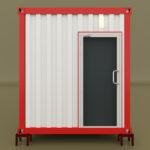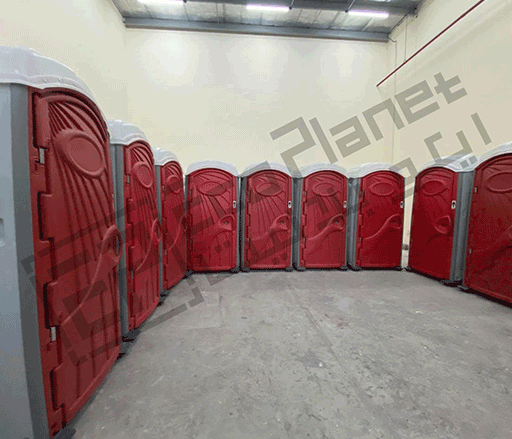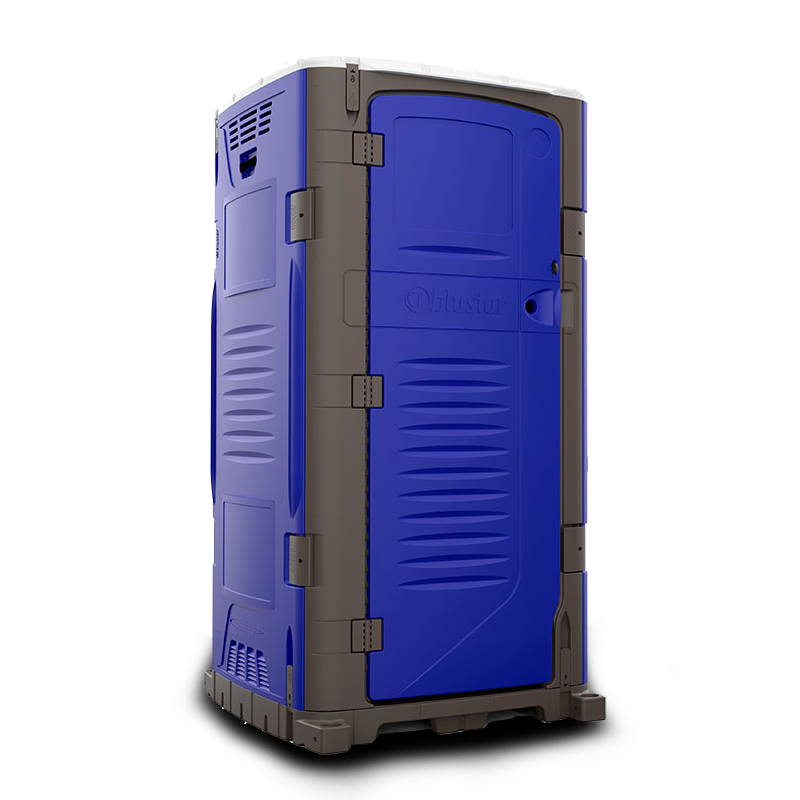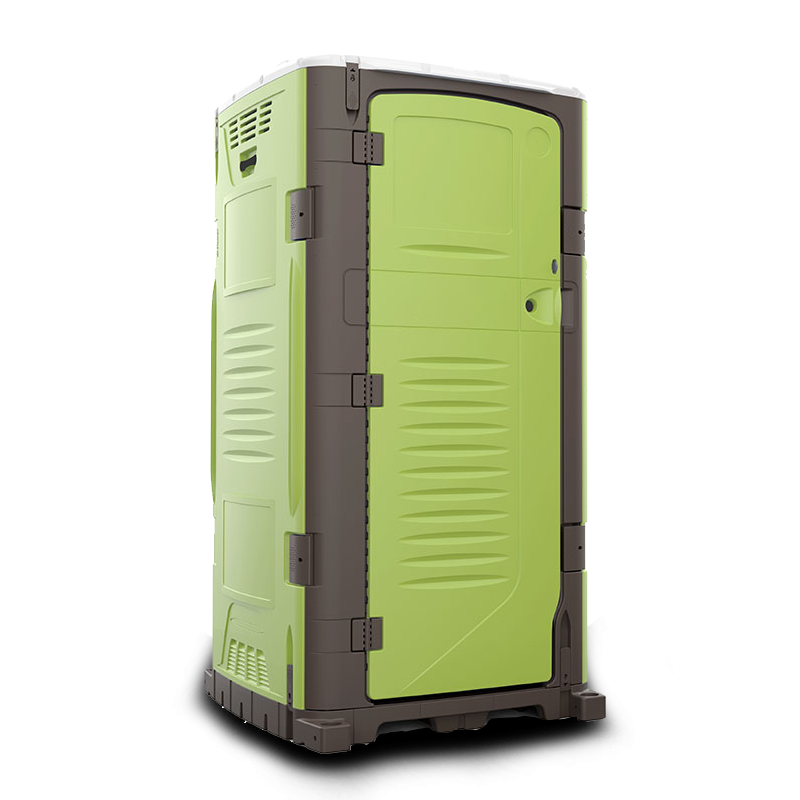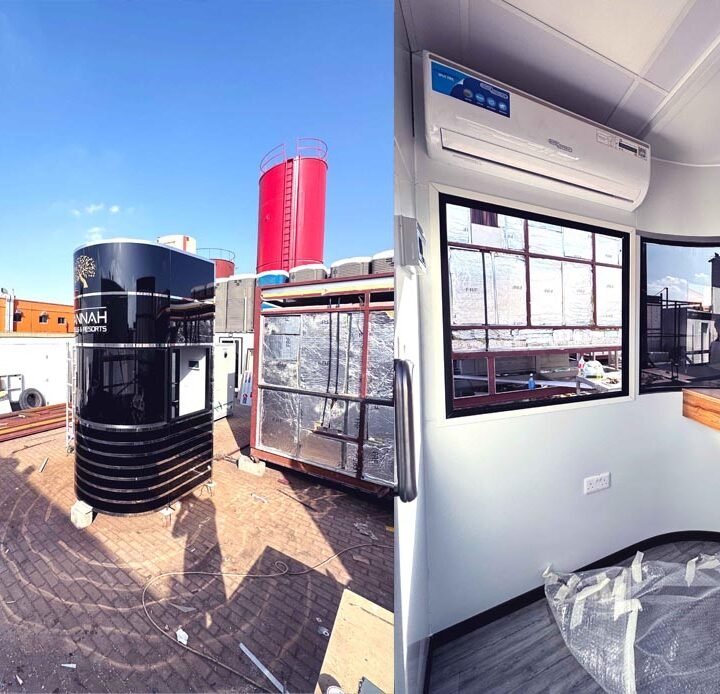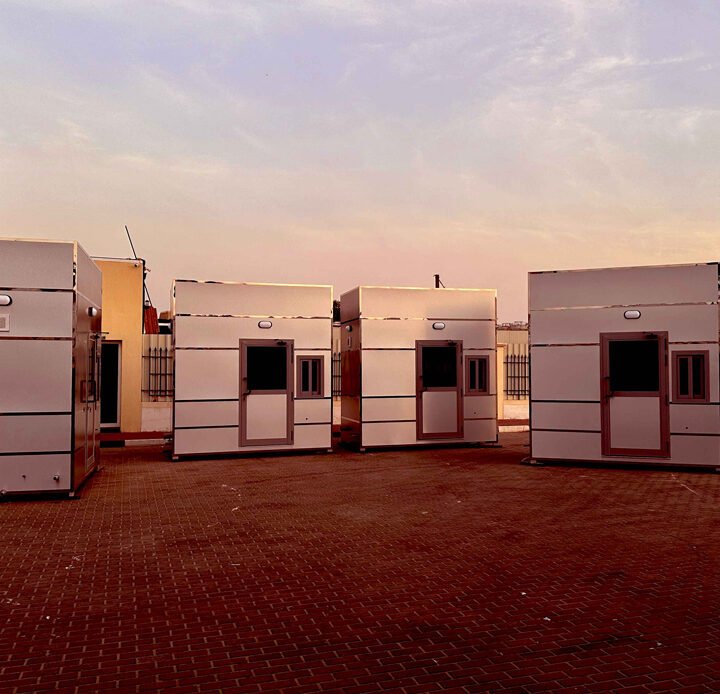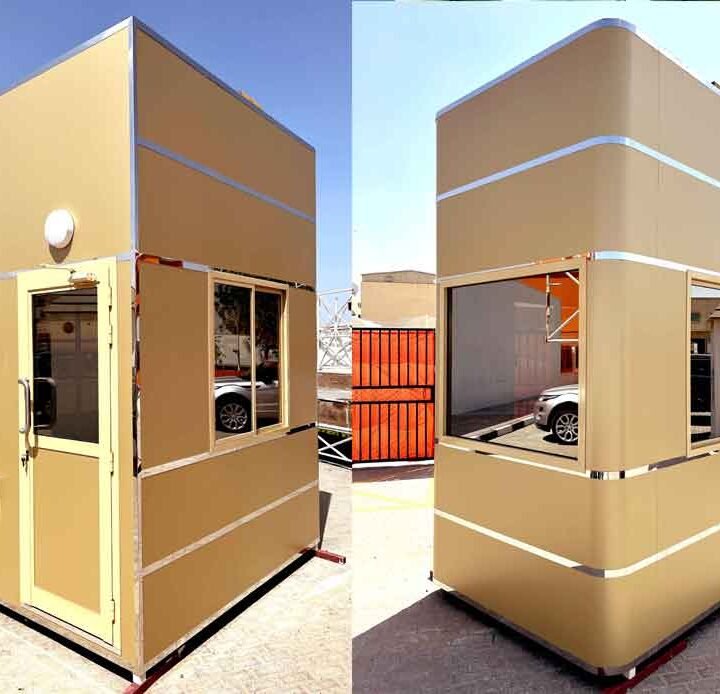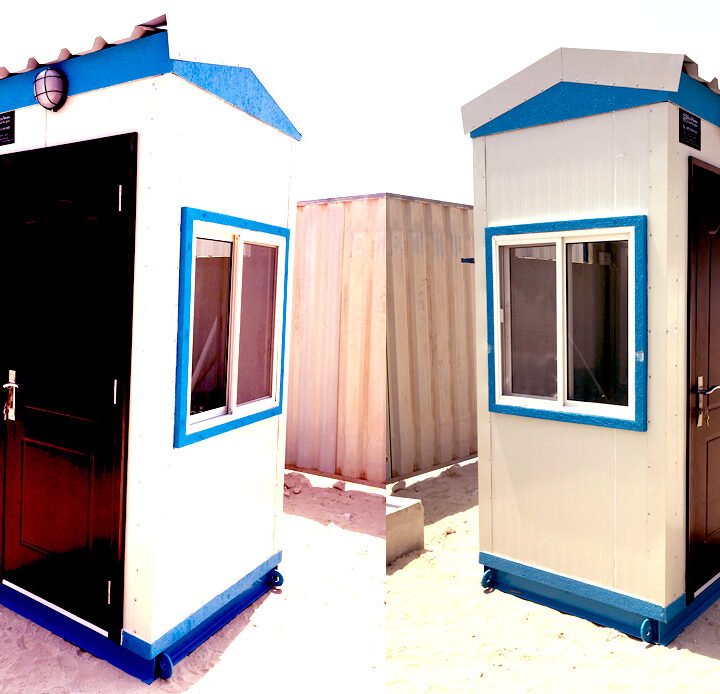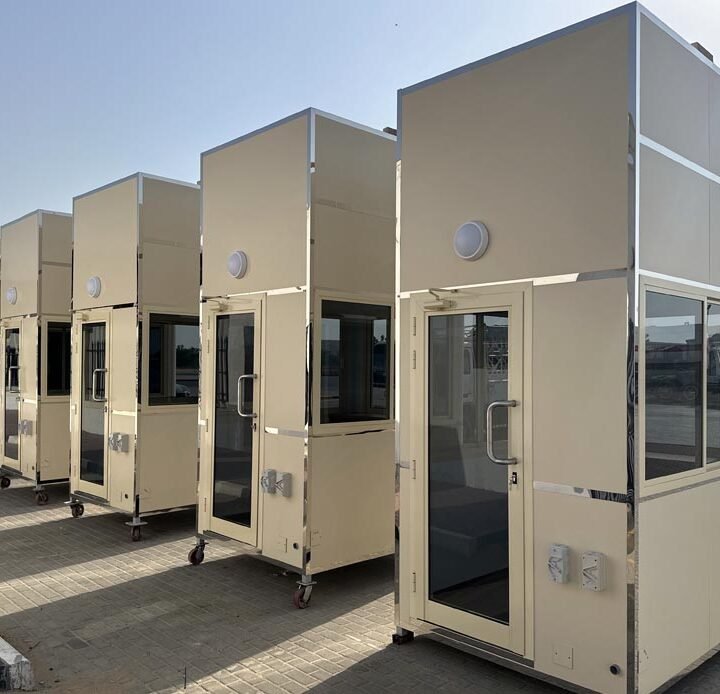CHEMICAL/WATERLESS TOILETS
- Home
- CHEMICAL/WATERLESS TOILETS
Related Products
- PORTABLE/MOBILE/MOVABLE TOILETS
- PLASTIC/HDPE TOILETS
- GRP/FIBER/FRP TOILETS
- CHEMICAL/WATERLESS TOILETS
- PREFABRICATED/CUSTOMIZED TOILETS
- TRAILER/CARAVAN TOILETS
- MODULAR/LUXURY TOILETS
- SECURITY CABINS
- HANDICAPPED/DISABLED TOILETS
- PORTA POTTY/PICNIC TOILETS
- E-TOILETS
- bio-toilets
- PORTABLE/MOBILE/MOVABLE TOILETS
- SECURITY CABINS
- MODULAR SECURITY CABINS
- CONVENTIONAL SECURITY CABINS
Latest Blogs
Top Portable Toilets Suppliers in Africa
Six Types of Portable Toilets and their Uses
Prefabricated Toilets UAE
Portable Toilets and Cabins for Rental
Portable Toilet For Sale UAE
Everything You Need to Know About Portable Toilets with Urinals
Deodorizing Liquids/Tablets for Portable Toilets
Chemical/Waterless Toilets
Waterless Toilet eliminates the use of water for flushing hence lowering the environmental impacts compared to water-efficient toilets and wastewater recycling systems.
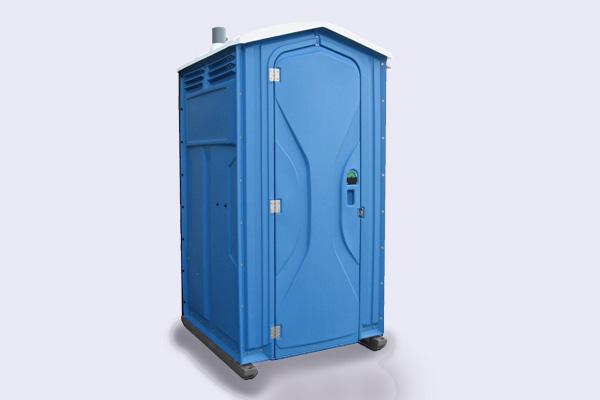
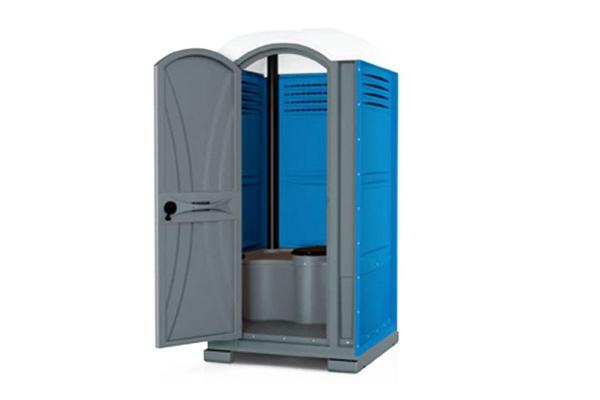
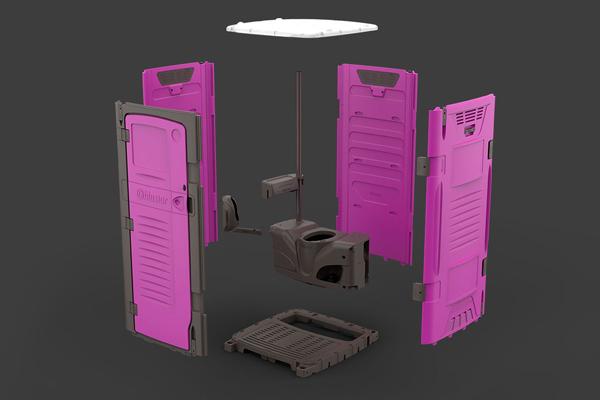
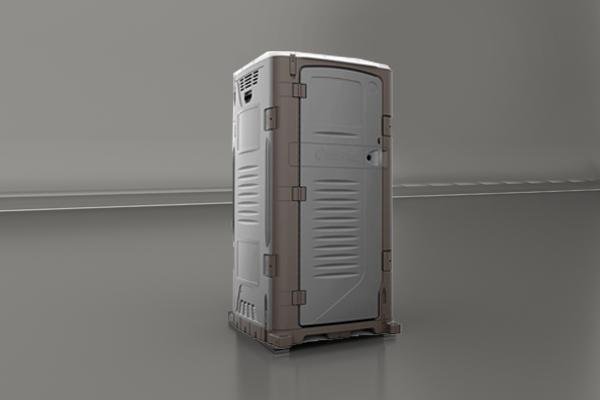
Ecoplanet offers Chemical Toilets or ‘dry sanitation’ systems do not use water to transport or treat or human excreta. Moreover, they keep effluent or pollutants out of waterways as well as the general environment. We provide functional and innovative Plastic Toilets that are appropriately designed to conserve precious water resources. Besides, these products can efficiently save money on your water bill. Waterless Toilet is designed for remote areas with no possibility of the sewer system or lack of water. Ecoplanet provides high quality and affordable Toilets for Military. Furthermore, these are used in high-density areas such as hospitals, and markets, schools, and institutions, as well as for domestic use in your rural or holiday home.
Advantages of Chemical Toilet or Waterless Toilet:
Chemical/Waterless Toilet systems reduce domestic water consumption since they do not require water for flushing.
- These systems reduce the strength and quantity of wastewater to be disposed of onsite.
- Self-contained systems eliminate the need for transportation of wastes for disposal/treatment.
- Waterless Plastic Toilets are especially suited for remote sites where conventional onsite systems are not feasible.
- Chemical Toilet systems have low power consumption.
- Waterless composting toilet systems accept kitchen wastes, thus reducing household garbage.
- In many states, installing a composting toilet system allows the property owner to install a reduced-size system, minimizing costs and disruption of landscapes.
- Plastic Chemical toilet systems divert pathogen and nutrient containing effluent from the soil, surface water, and groundwater.
Chemical Toilets are often preferable to conventional toilets in water-scarce or environmentally fragile areas. Waterless toilets are minimum energy, genuine, on-site alternative to centralized and traditional reticulated systems that transport the problem downstream. Further, these Chemical/Waterless Toilets can also reduce the pollution, site restrictions, and nutrient problems, of systems such as septic tanks.
Specifications of Chemical/Waterless Toilets:
- Material: Plastic (HDPE: High Density Grade 4 Polyethylene plus Anti-UV Treatment)
- Style: European.
- Size: 1.06 D x 1.06 W x 2.3 H
- In-Built Accessories: Holding Tank (210 Ltr) with Seat & Seat Cover.
- Wall Urinal
- Triple Toilet Paper Holder.
- Vacant indicator.
- Vent pipe.
- Coat Hook.
CHOOSE YOUR FAVORITE COLOR
Discover the freedom to customize your sanitation solution of Chemical/Waterless Toilets. Elevate your bathroom aesthetics by selecting from a range of stylish hues for environmentally friendly and efficient toilets. Find the perfect blend of form and function as you personalize your sustainable bathroom experience. Choose a color that complements your space and makes a statement in eco-friendly living.












Share :
Portable Toilets Projects
Frequently Asked Questions
A chemical or waterless toilet is a sanitation solution that doesn't rely on traditional water flushing. Instead, it utilizes chemical agents or other innovative technologies to neutralize odors, break down waste, and facilitate decomposition.
Chemical toilets often use special chemicals or natural substances to break down waste and control odors. Some designs separate liquids and solids, while others use a combination of chemicals to treat both components.
Chemical toilets are commonly used in various settings, including construction sites, outdoor events, camping grounds, temporary facilities, and remote areas where traditional sanitation infrastructure is not available.
Chemical toilets are commonly used in various settings, including construction sites, outdoor events, camping grounds, temporary facilities, and remote areas where traditional sanitation infrastructure is not available.
Yes, chemical toilets require regular maintenance. This may involve emptying waste containers, replenishing chemical agents, and ensuring that the toilet components are in good working condition. Maintenance frequency depends on usage.
Many modern chemical toilets use environmentally friendly chemicals, and some models incorporate sustainable features. The water savings associated with these toilets also contribute to their environmental friendliness.
While chemical toilets are often associated with temporary setups, some models are designed for permanent installations. They can be suitable for eco-friendly homes, remote cabins, or locations with limited water access.
Chemicals are used to neutralize and control odors in the waste. These chemicals typically break down organic matter and suppress the production of foul-smelling gases.
Capacities vary depending on the model and design. Portable chemical toilets may have smaller holding tanks and require more frequent servicing, while larger permanent installations can have larger capacities.
When properly maintained, chemical toilets are designed to be hygienic. Regular servicing, use of appropriate chemicals, and adherence to proper waste disposal guidelines contribute to maintaining hygiene standards.
Some chemical toilets are designed to operate without electricity, making them suitable for off-grid or remote locations. However, certain models may have features like ventilation fans or lighting that require power.
Yes, chemical toilets can be used in cold climates. Some models are equipped with features to prevent freezing, and special winter-grade chemicals may be used to ensure functionality in colder temperatures.
Related Products
- PORTABLE/MOBILE/MOVABLE TOILETS
- PLASTIC/HDPE TOILETS
- GRP/FIBER/FRP TOILETS
- CHEMICAL/WATERLESS TOILETS
- PREFABRICATED/CUSTOMIZED TOILETS
- TRAILER/CARAVAN TOILETS
- MODULAR/LUXURY TOILETS
- SECURITY CABINS
- HANDICAPPED/DISABLED TOILETS
- PORTA POTTY/PICNIC TOILETS
- E-TOILETS
- bio-toilets
- PORTABLE/MOBILE/MOVABLE TOILETS
- SECURITY CABINS
- MODULAR SECURITY CABINS
- CONVENTIONAL SECURITY CABINS





